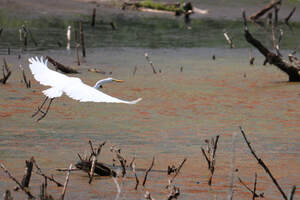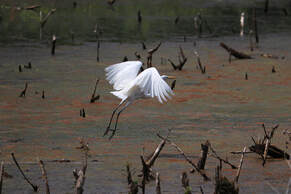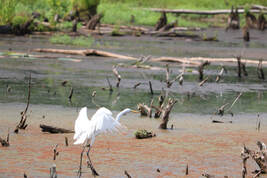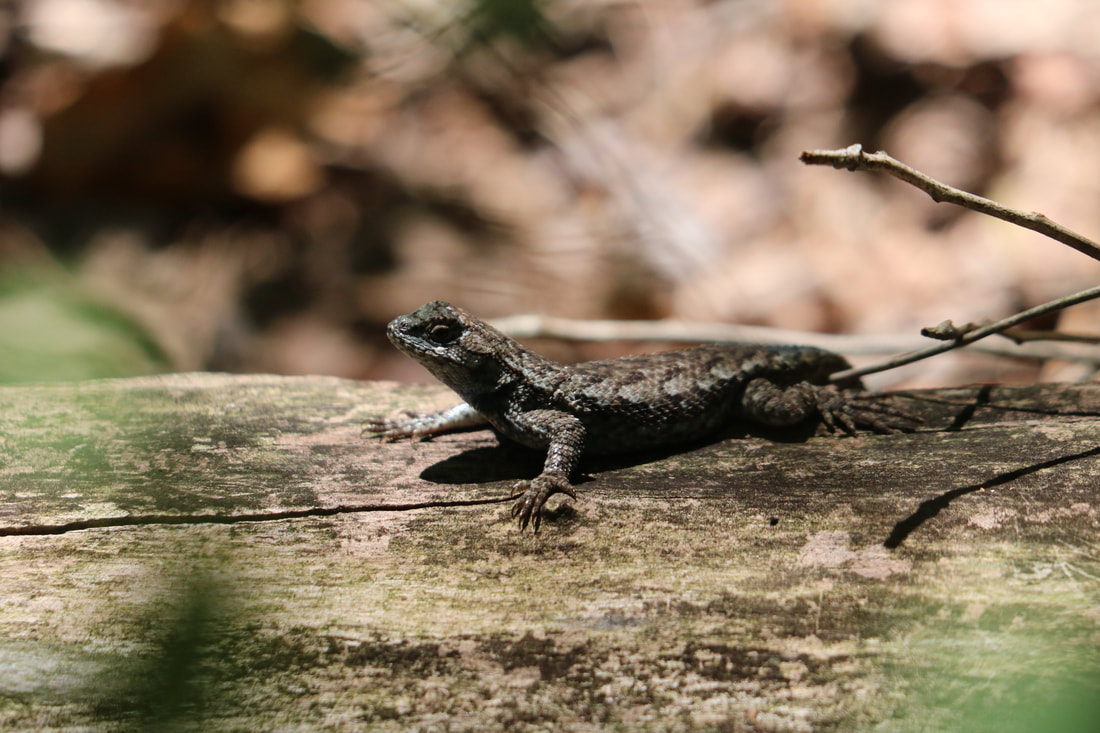
Travel Close to Home
Learn to recognize the birds in your back yard with American Bird Conservancy’s bird of the week. Most recently, the bird of the week was an Indigo Bunting. https://abcbirds.org/bird/indigo-bunting/
The Tennessee Naturalist Program offers a one-year course for anyone interested in learning more about the natural world of our state. It is offered at locations across the state, with most classes meeting once each month. https://tnnaturalist.org/

Boulevard magazine offers a nonfiction contest for emerging writers. The entry fee includes a one-year subscription to Boulevard. The first-place winner will receive publication and $1,000. https://boulevardmagazine.org/nonfiction-contest
The Masters’ Review offers contests and publication opportunities for writers.
https://mastersreview.com/short-story-award-for-new-writers/
The Chattanooga Audubon Society has extended the deadline for their photography contest.
https://www.chattanoogaaudubon.org/
I missed out on the literary journal Number One this year. If you are one of their regular contributors, so did you. Apparently, a security upgrade to their server blocked all messages with attachments. They simply did not receive the submissions and could not publish a 2020 edition. Perhaps the issue will be resolved this year and we will be able to send submissions to Number One, Volunteer State Community College, Gallatin, Tennessee for the 2021 edition.

Could a mockingbird mimic the strains of “Jupiter: Bringer of Joviality,” or any other section of “The Planets,” that whimsical set of tone poems composed by Gustav Holst? Imagine the morose tune of “Mars: Bringer of War” issuing from the throat of a bird. Though such complex mimicry may be beyond the abilities of birds, animals frequently amaze and amuse us with their behavior, sometimes mistaken as antics.
We gasp when hearing of how a captive killer whale, incarcerated for years, bit more than the “feeding hand” and took the life of its keeper. Intelligent beings, they learn tricks rapidly, but intelligence makes them dangerous captives. For millennia, killer whales have survived in ocean currents, but escape becomes a ‘current event.”
Killer whales, intelligent captives in public displays, are not meant to perform for our amusement let alone on a regular schedule, not even when the producer claims that the show will generate empathy and respect. We forget that they are killers, able to take a seal or a man in a fast attack. Charm ends here, for they have become too much like us. We too kill to survive. Whether dining on wild harvested venison, or range fed beef, we sacrifice other lives on the altar of our continued existence
Perhaps their behaviors hold charm for us because we recognize our own triumphs and foibles when we look at them? We see ourselves in their behavior, and even their anatomy. The bones of a bird’s wing are those of a human hand, revealed in the glow of an X-ray. The same is true of a whale’s flipper, which moves them through the ocean in tandem with the thrust of a tail.
We will only make peace with our animal neighbors when we see them in us as we see ourselves in them. Some of us have already learned to do so.
Shameless Self Promotion
I published an article about Casper Cox and his book, Snorkeling the Hidden Rivers of Southern Appalachia in the Chattanooga Pulse earlier this year. If this outdoor activity, growing in popularity appeals to you, his book is available online. Read the article here. http://www.chattanoogapulse.com/arts/features/from-page-to-screen-casper-cox-searches-for-hidden-rivers/

 RSS Feed
RSS Feed